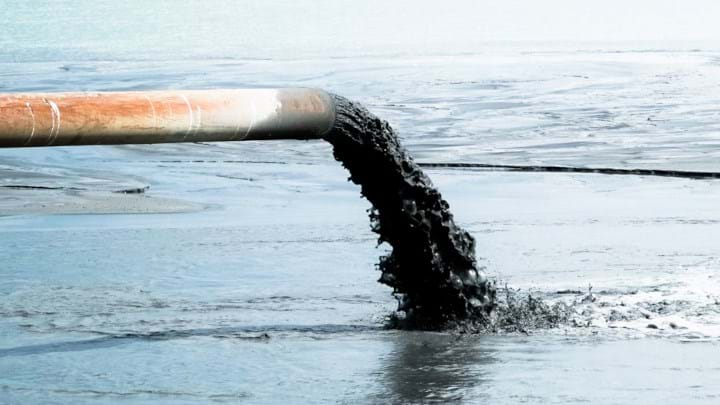Water companies’ £180m sewerage investment must target ‘those responsible for the largest polluting flows’

WATER expert Tom Stephenson says it is vital that water companies target the worst polluting releases, after the announcement of £180m (US$230.3m) in funding to clean up England’s waterways.
Stephenson, emeritus professor of water sciences at Cranfield University, explained last year that to prevent system backup during heavy rainfall, companies are allowed to discharge untreated wastewater into the environment through combined sewer overflows. Though this is only meant to be in “exceptional circumstances”, according to the Environment Agency there were 301,091 discharges in 2022.
The funding follows a December letter from Steve Barclay, secretary of state for environment, food and rural affairs, in which he urged water companies to go “further and faster” in attempts to measurably reduce discharges “in the next 12 months”.
Barclay said: “The amount of sewage being spilled into our rivers is completely unacceptable and the public rightly expects action. This £180m of accelerated investment, which will stop more than 8,000 sewage spills over the next year, is a welcome step forward as we continue to push for better performance from water companies and hold them to account.”
While critics have called the announced funding “a drop in the ocean”, Stephenson noted that this additional commitment is good news. He said: “The number of discharges to be tackled may seem like a small amount, but what’s important is targeting those responsible for the largest polluting flows and loads. Hopefully, this is what the water companies will be doing. At the same time, the companies will need to ensure that solutions do not cause unintended consequences – often forgotten, among other functions, combined sewer overflows are designed to prevent people’s homes being flooded with sewage.”
The six water and wastewater companies making the commitment are Anglian Water (£50m), Severn Trent (£41m), United Utilities (£39m), South West (£32m), Southern Water (£10m), and Wessex Water (£8m). They will deliver the funding through to April 2025, spending on management approaches such as artificial intelligence systems to help manage storm loads, installation of new in-sewer monitoring systems to check overflows and spot blockages, staff recruitment, and accelerated wetland construction.
The improvements will support targets under the government’s Storm Overflows Discharge Reduction Plan, which is driving water companies to deliver the largest infrastructure programme in water company history, estimated at £60bn over the next 25 years.
It is in addition to £3.1bn that water companies committed to investing between 2020 and 2025, supporting more than 800 storm overflow improvement projects.
Alongside the companies investing as part of the £180m initiative, others have already unveiled separate funding schemes to reduce storm overflows. Last April, Yorkshire Water announced it was investing £180m over two years to reduce discharges from storm overflows.
Meanwhile, Thames Water has come under fire for not joining the initiative, or separately accelerating funding to reduce releases. A spokesperson said: “We take the reduction in pollutions extremely seriously and are keen to ensure we reduce these significantly but are not able to offer the further acceleration in investment that has been asked for at this stage.”
It was recently reported that Thames Water lobbied government and Ofwat to allow it to increase bills, pay lower fines, and continue paying dividends, as it sought to avoid falling into administration.
Recent Editions
Catch up on the latest news, views and jobs from The Chemical Engineer. Below are the four latest issues. View a wider selection of the archive from within the Magazine section of this site.




